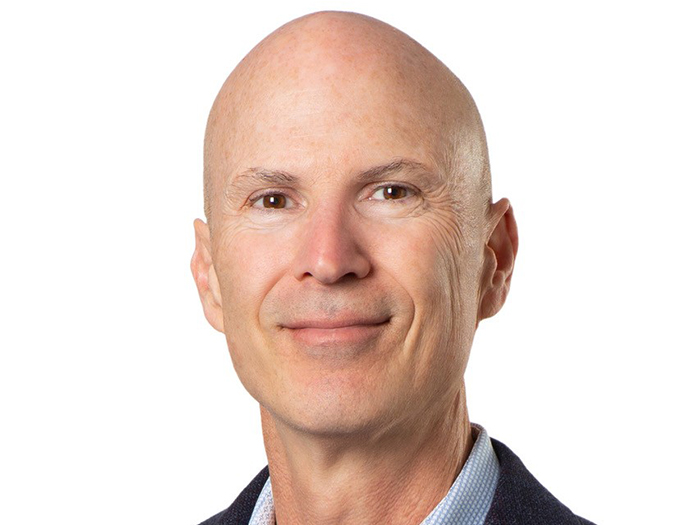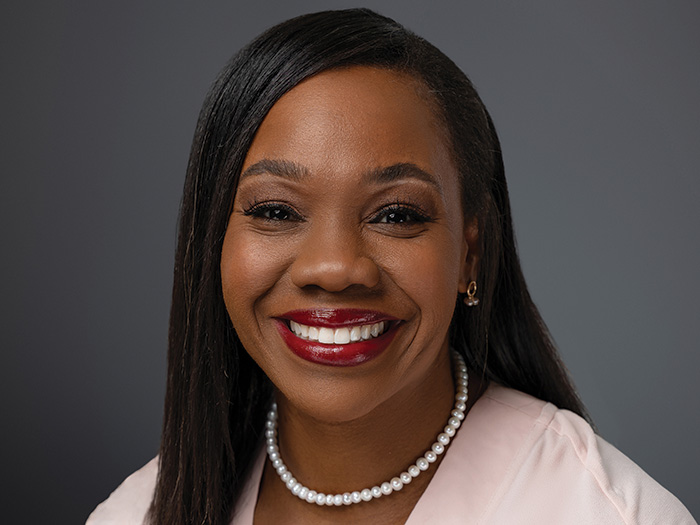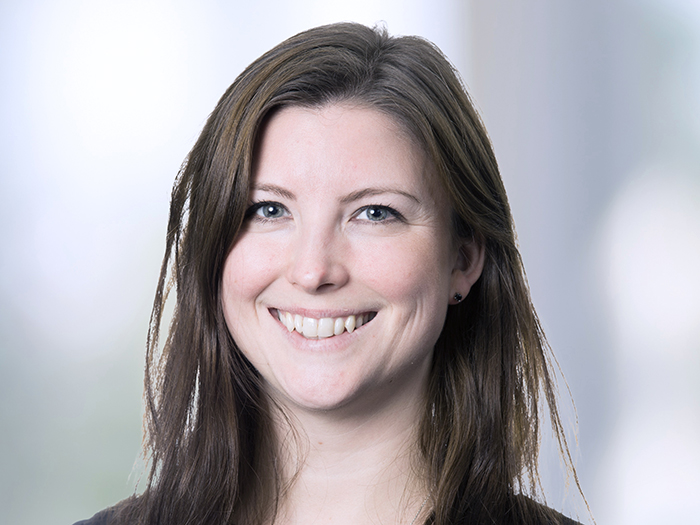Workers’ Comp Power Broker Mark Nieman on Hybrid Work, Getting into Workers’ Comp and What Makes a Good Broker Great
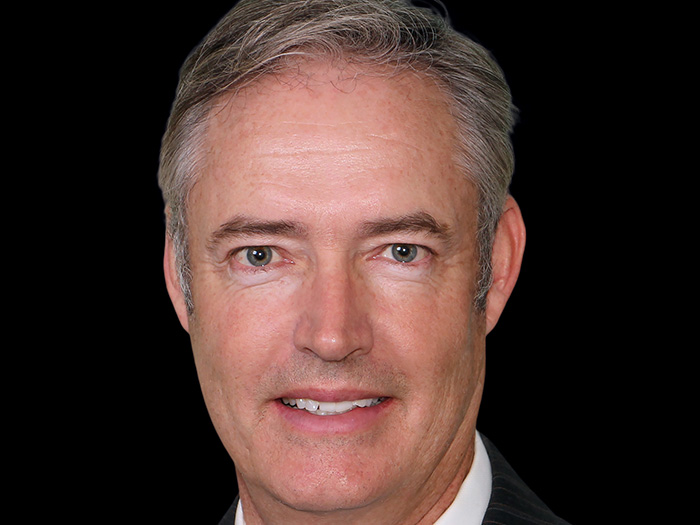
Workers’ compensation is an ever-evolving industry, ripe for innovation and testing out new ideas — and all with the goal of keeping workers safe and helping them in the event that they are hurt on the job.
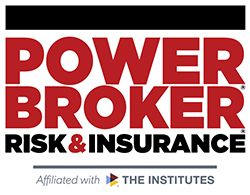 With so many facets to explore, Risk & Insurance turned to some of the top brokers in the space to gain insight into what’s new in the industry and what it is about workers’ comp that just makes it stick for these professionals.
With so many facets to explore, Risk & Insurance turned to some of the top brokers in the space to gain insight into what’s new in the industry and what it is about workers’ comp that just makes it stick for these professionals.
Mark Nieman, senior vice president, unit manager at Lockton, is one such professional. He was recognized as a 2023 Workers’ Compensation Power Broker for his ability to understand each client on a personal level while getting them the comp they need.
Below, Nieman shares how he entered this business, what makes a good broker and advice for others aiming to make a name for themselves in this industry.
Risk & Insurance: How did you get your start in this business?
Mark Nieman: My first career was in petroleum engineering, and I used to drill oil wells and absolutely loved it. I then took a break and got a business degree and got on with Dun and Bradstreet Corporation out here in California and was working through my MBA at night. It was very interesting work, doing business analysis and meeting with people, accessing credit reports and that sort of thing. They wanted to promote me and move me to Murray Hill, New Jersey.
This was at a time when I was living in Newport Beach and young and single, and so that wasn’t something that was going to work for me at that time. The funny thing was, my supervisor and I were coming back from a business trip in Arizona, and she had the Wall Street Journal open and she said, “Mark, here’s a perfect job for you.”
The job was as a sales financial analyst with Liberty Mutual insurance.
“It gives you the sales side and it gives you the financial analysis side,” she said.
“I’m going to write you a letter of recommendation.”
I had to agree to go back to Boston for a year and enter their training program. And then from that point they could send me wherever they wanted to send me. At the time, we didn’t use brokers; there was a lot of back and forth about direct and non-direct and they are still a big trading partner for us, but that’s how I got started in the insurance industry.
Now, I’m in my 20th year here at Lockton.
R&I: Does this “new” hybrid work environment change trends in terms of claims?
MN: The main underwriters initially didn’t know how to treat this. They didn’t know what they were going to see. We have seen claims that if somebody did get COVID, especially in California, if you got COVID, then you were admitted to a hospital and that hospital bill went from $50,000 to $1 million.
Overall during the pandemic, frequency was down, auto frequency was down, workers’ comp frequency was down except in a few distinct areas such as health care, food processing and transportation.
Those folks were working harder and longer hours, and they were seeing both frequency and severity rise. Overall though, the capacity in workers’ compensation has been more than sufficient.
I think some thought everyone’s going to have COVID. “Now we’re going to be paying for everybody.” It never really panned out that way.
Things got very emotional, because during that period of time, they were slapping on all sorts of pandemic endorsements and myself and some other brokers were saying, “We can’t do this.”
There were a lot of knee-jerk reactions with some very high-level senior underwriters saying this is what we have to do. Then a year and a half later the industry concluded that we probably didn’t have to do that, but we just didn’t know.
That led to some very challenging conversations, that’s for sure. But the industry at large, especially for workers’ compensation, seems to be very, very healthy.
R&I: You’ve won Power Broker® and have been doing this for a while. What distinguishes an excellent broker from somebody who’s more middle-of-the-road?
MN: I think it helps that I came from both sides of the house. I started on the underwriting side of it. I know the reports that underwriters have to fill out. I know how they have to go through their authority process and need so many people to sign off on their pricing program structure, etc. Having some of that analytical ability on that end helps.
Another big piece is knowing your clients and your clients’ operations as best you can. That means visiting the locations, and talking to people is imperative. On my bigger accounts, I always try to get out and see them — even during the pandemic. I do that once or twice a year so that I can understand the machinery and the working conditions.
The other big piece of it is being able to understand and communicate to underwriters the client’s loss frequency and severity trends data.
R&I: What do you hear from clients about what it is that they appreciate in a broker?
MN: It’s not keeping them in a closet when it comes to conversations with underwriters. Ideally, it’s the client that can best speak to the client’s ability — assuming that you have a knowledgeable client that can be put forth and understands their operations.
I think that’s key.
Even when I was on the underwriting side, I wanted to know who’s making the decisions, especially in workers’ comp. We talk about driving safety awareness down into the organization. If it’s not being sold at that CEO level, it’s never going to make it down to the plant managers who are there 24/7.
R&I: We are hearing a decent amount about wearables, sensors and other forms of safety technology. What are you seeing in terms of safety technologies that are gaining traction?
MN: I’ve seen a lot of this on the auto side of the house and some of it on the workers’ comp side of the house. But I’m not really seeing it make its way into the day-to-day yet, though I do think there’s a place for it.
R&I: What would you say to a young person who wants to make their mark in insurance brokering?
MN: Put yourself out there. Ask the question, “What can I do? What can I do to help out?”
I think the ability for some of our younger people to dialogue, interact and ask questions is one of the most important things they can develop or get help in developing. &





